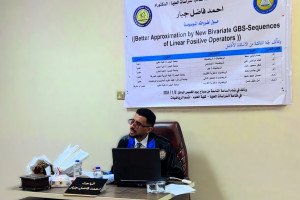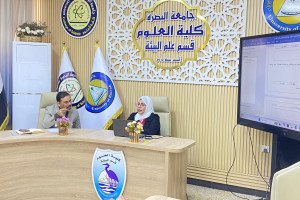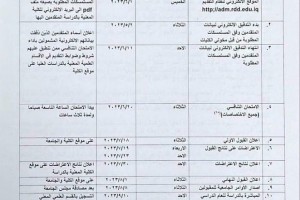
Media unit of the College of Science /University of Basrha organized a seminar entitled fungal infections and diabetes).By the postgraduate student (MSc) Rana Mohammed Nasser. The study aims determination the relationship between fungal infections and diabetes disorder. The study included definition of Mycoses as any infection caused by fungal species. Mycoses cause wide range of diseases in humans .It is widely classified into various types based on the position of infection as the following superficial mycosis, cutaneous mycosis, subcutaneous mycosis and deep mycosis. Fungal infections have dramatically increased in the past two decades as a result of improved diagnostics, high frequency of catheterization, instrumentation and an increasing number of immunosuppressed patients such as diabetes mellitus, is a metabolic disease that causes high blood sugar. There are different types of diabetes: Type 1 diabetes is an autoimmune disease, Type 2 diabetes occurs when body becomes resistant to insulin, Prediabetes occurs when blood sugar is higher than normal, but it’s not high enough for a diagnosis of type 2 diabetes, gestational diabetes is high blood sugar during pregnancy in addition to a rare condition called diabetes insipidus. Diabetes patients are vulnerable to fungal infections due to impaired their immune system and defect of phagocytosis, so that, several studies have shown that the prevalence of fungal infections range from 7.0 to 17.38% in diabetic patients, while, the common fungal species that associated with diabetic patients including Candida species, Aspergillus species, Fusarium species , Rhodotorula species, and Trichosporon species.







